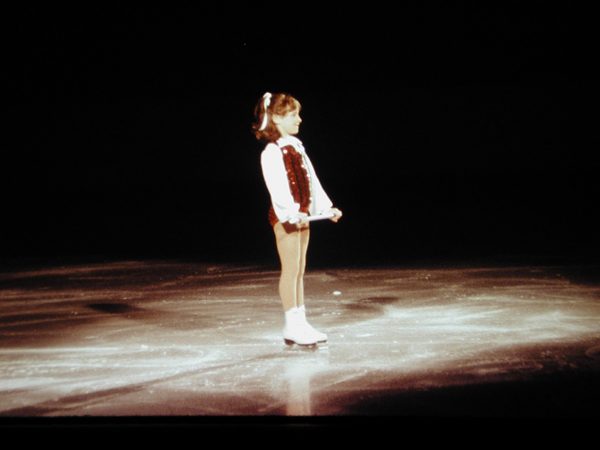
It’s a new year. So I decided to talk to someone who might help kids get more fun out of playing sports and perhaps play better in 2017.
Caroline Silby has been a sports psychologist — someone who studies how the brain relates to sports performance — for more than 20 years. She has worked with lots of teams and individual athletes, including kids as young as 10. Here is what she had to say.
KidsPost: What does a sports psychologist do?
Caroline Silby: I work with athletes when there is a gap between their abilities and their performances in games and meets. I also help them use their sports experiences to become happy, productive adults.
KP: How did you become a sports psychologist?
CS: I was a nationally ranked figure skater when I was growing up. But I had very inconsistent performances. I wondered if there was a way to train my mind [so I could] become a more consistent skater. My parents told me about sports psychology, so I studied it in college and graduate school.
KP: Where do you start with young athletes?
CS: I try to help them see the connections between their own actions and positive results. Sometimes I ask them to describe a time when they had a great game or event. They are happy to do that! Then I ask them what they did to have such a great performance.
KP: What do they say?
CS: Most athletes can’t say what they did that brought about a great performance. So it’s important to identify what they can control that will help their performance. For example, when you ask athletes how much of their performance is influenced by their attitude, they will say a lot: 50 percent to even 99 percent. But they spend almost no time working on their attitude.
KP: So how can kids work on their attitude?
CS: First, they can work on their coping skills. That is, when things go wrong in a game — and things always go wrong — how do you react? Second, there is a lot of what I call “noise” in pressure situations in any sport. It is important to filter out that noise and concentrate on what you can control to help your performance. Finally, athletes can learn to relax though breathing and mindfulness [paying close attention to your thoughts or feelings at a certain moment].
KP: Does this mental training work?
CS: About 85 percent of the studies show that mental skills training has positive effects on performance.
KP: So what general advice would you give to young athletes?
CS: Look at your sports experience as an adventure story with lots of ups and downs. Enjoy the good times. When bad times come, see them as a chance to work at things and figure yourself out.
Source